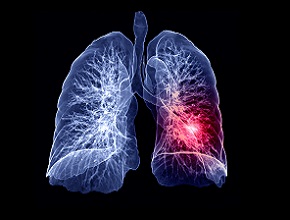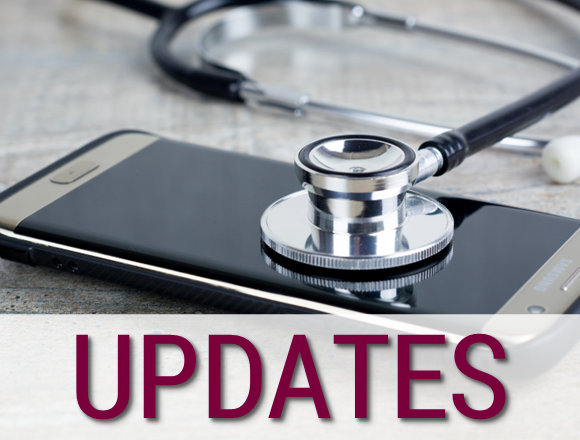Colchicine use in community-treated patients with COVID-19
For a McMaster Perspective interview with Dr Nishma Singhal on the results of the COLCORONA trial, click here.
Background: In patients with coronavirus disease 2019 (COVID-19) pneumonitis, compelling evidence showing that an excessive inflammatory response contributes to morbidity and mortality has prompted the assessment of anti-inflammatory pharmacologic strategies that include glucocorticoids, hydroxychloroquine, heparins, and intereukin-6 inhibitors. Colchicine is an oral anti-inflammatory agent that is typically used to treat patients with acute gout or acute pericarditis.
Methods: This randomized controlled trial assessed the effect of colchicine on the composite outcome of COVID-19-related death or hospitalization. Included patients were adults aged ≥40 years with COVID-19 diagnosed by polymerase chain reaction (PCR) testing or clinical criteria who were not hospitalized and had ≥1 high-risk characteristic (age ≥70 years, body mass index [BMI] ≥30 kg/m2, diabetes, hypertension, respiratory or heart disease, recent fever ≥38.4 degrees Celsius, dyspnea at presentation, or blood count abnormalities). Patients received colchicine 0.5 mg bid for 3 days and once daily thereafter for 27 days, or matching placebo.
Results: A total of 4488 patients were enrolled (53.9% women; median age, 54 years). In the overall study population, there was no significant difference in the primary outcome between the colchicine and placebo groups: 4.7% versus 5.8% (odds ratio [OR], 0.79; 95% CI, 0.61-1.03; P = .081). In 4159 patients with PCR-confirmed COVID-19, the primary endpoint rate was significantly lower in the colchicine group: 4.6% versus 6% (OR, 0.75; 95% CI, 0.57-0.99; P = .042). The risk of COVID-19 pneumonitis was significantly reduced in the colchicine group: 2.9% versus 4.1% (P = .021). There was no significant difference in serious adverse events between the study groups, but diarrhea occurred more often in the colchicine group: 13.7% versus 7.3%; P < .001.
Conclusions: The authors concluded that in nonhospitalized patients with PCR-confirmed COVID-19 colchicine was associated with a lower rate of the composite of death or COVID-19-related hospitalization than placebo. They suggested that this safe and inexpensive anti-inflammatory agent could be considered for use in individuals at risk of COVID-19-related complications.
McMaster editors' comment: This study aligns with the premise that inflammation is a key mediator in the development and clinical progression of COVID-19. The positive results in patients with PCR-confirmed COVID-19 should be tempered by the relatively low absolute risk reduction (1.1%) and high rate of diarrhea among colchicine-treated patients (13.7%). If preventative colchicine use is adopted, patient selection will be needed to identify those most likely to benefit while monitoring for gastrointestinal adverse effects.
 English
English
 Español
Español
 українська
українська











